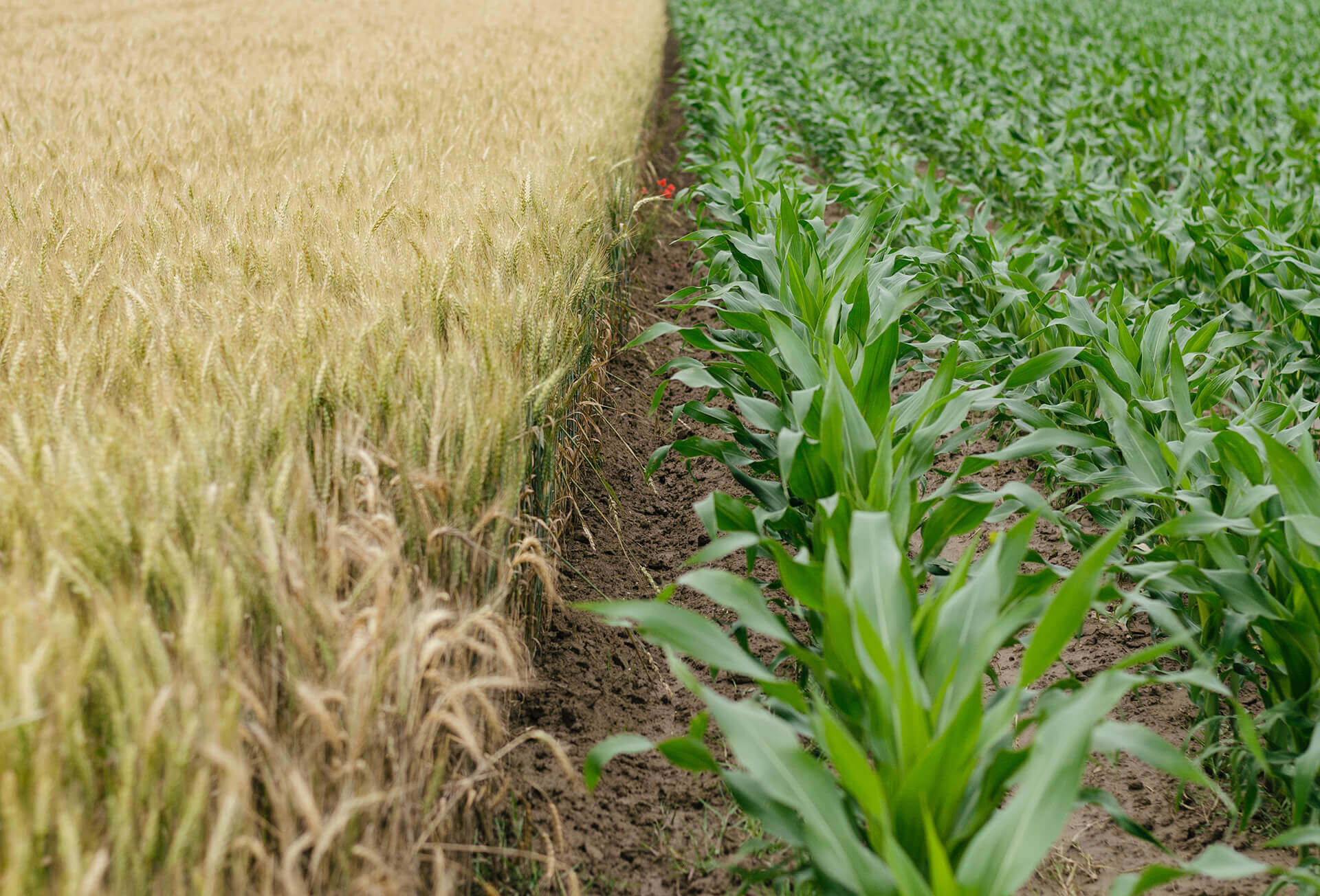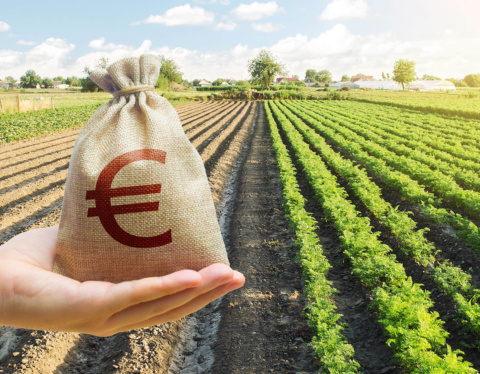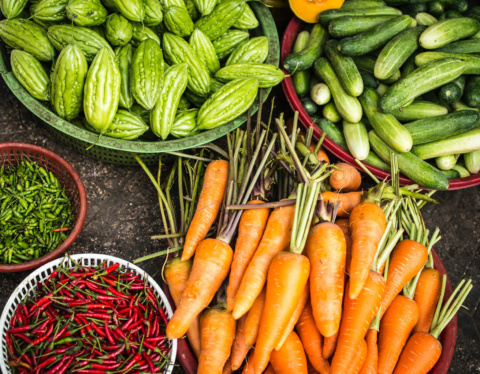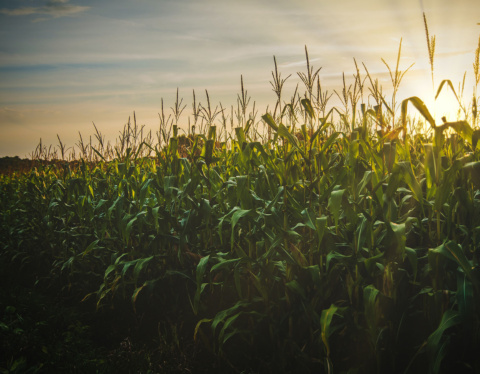
Investment farms are not easy, but they pay off
In a permanently developing business market that has opportunities upon opportunities, we find it hard to understand exactly what we could do and how we could best approach the idea of investing in a certain field or another. Now, there have been many talks, especially after the fall of the economic markets that took place in 2008 and that caused an entire collapse of the economy. Many of these talks have been centered around the possibilities of investment : should we take the risk and invest in capital and actions in firms we do not see in a physical way or should we invest in something palpable, logical and that we can actually see ?
One of these investment opportunities that we should take into comsideration are, of course, investment farms. The idea of investment farms may sound scary and unknown for most of us, so let’s discuss exactly what we can do in this field. An investment farm is in fact an operation within the area of agricultural businesses that is operated and started with the clear intention of making a certain profit, or with the goal of creating a tax deduction for the owner of such a farm. The sector that is named agribusiness contains farming and farming-related commercial activities, but investment farms are generally owned by investors who do not live on the farm itself or take any part in everyday activities. These investors will have people delegated to do all the activities that are required on a farm.
Farms involved in this area can be of various types, depending on what the investment farm is all about. These can be :
⁃ soybeans, corn and wheat
⁃ cotton that can be used in various domains
⁃ animal farms that range from small animals to larger ones
⁃ crops grown for biofuel purposes.
Because there will always be a need for food and fuel all around the world, it is quite easy to understand why investment farms have taken such a turn lately and why exactly investors consider agricultural investment to be proofed against any kind of economic crash. Thus, investing in farming operations is now considered to be much safer than any other kind of investment. In the criteria that says if we can or cannot invest in a farm we may now include costs of the property itself, operational expenses and even equipment costs.
After analyzing all the costs involved and after thinking whether the risks are worth it, we can undertake the actions of investing in a farm and what kind of farm do we want to invest in, we should begin the proceedings towards agricultural investment.
After all, this is a business that will always be a lucrative one and one that will be a long-term success.
How is, or should, farm investment be regarded when talking about countries that have a huge potential but a very small margin for failure ? Should we take into consideration the idea that an investment into such a reliable and long-standing domain such as farming is, or will be in the long term, without doubt a good opportunity ?
Should we be, as an investor, more or less weary of investing in farming in an African country ? Is it fair to consider animal farming or plant farming as being a less lucrative or a more lucrative business only because it is placed in a country that is trying to boost its economy by offering farming funds to new investors ? This is a point of view that deserves to be not only put into the spotlight, but analyzed from multiple perspectives and that we should certainly not overlook.





